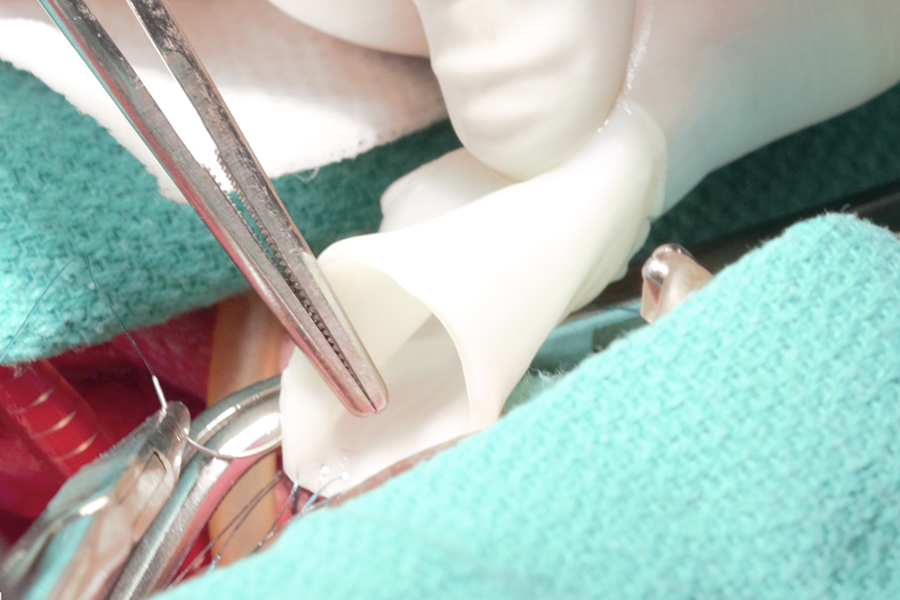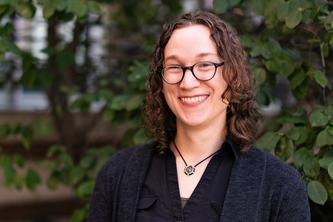U of M awarded $3.7M to prepare for clinical trials of lab-created pediatric heart vessels that grow with the recipients

A University of Minnesota Twin Cities-led team of researchers has received a $3.7 million grant from the U.S. Department of Defense to prepare for a human clinical trial of artificial, bioengineered blood vessels that grow with the patient. If successful, these new vessel grafts would prevent the need for repeated surgeries in children with congenital heart defects.
The funding is part of the Department of Defense’s Congressionally Directed Medical Research Programs that fund programs which are “transforming healthcare through innovative and impactful research.”
Recipients who have heart defects at birth often outgrow current vessel grafts and need to have larger vessels implanted several times as they grow.
“This grant is a major step forward and will allow us to do everything that's necessary to get to day one of a first clinical trial where we would implant one of our lab-created blood vessels into an infant with a heart defect,” said Robert Tranquillo, a Distinguished McKnight University Professor in the Department of Biomedical Engineering and the Department of Chemical Engineering and Materials Science.
To prepare for the clinical trials, the vessel-like tubes will be manufactured by the U of M start-up company, Vascudyne, Inc. The tubes are grown in the lab from a donor’s skin cells. Those cells are then removed to minimize the chance of rejection. When implanted, the tube is repopulated by the recipient’s own cells, allowing it to grow.
In addition to developing the tubes, the grant will cover any remaining pre-clinical studies needed before the human clinical trials. Tranquillo and Zeeshan Syedain, a senior research associate in Tranquillo’s lab who now also serves as Vascudyne’s chief scientific officer, will partner with Experimental Surgical Services in the U of M Medical School to test the tubes in lambs.
“This research could have a major impact for children with heart defects. Instead of three, four or even five surgeries or interventions during their childhood, children would only need one surgery,” Tranquillo said. “This would substantially reduce trauma and risk for children and the overwhelming health care costs for families.”
If the clinical trials with the vessels are successful in the future, Tranquillo said he hopes to move toward clinical trials of similar research developed in his lab involving bioartificial pediatric heart valves constructed from these tubes that grow with the recipient. Implanting heart valves that grow with the child could help thousands of children each year who are born with heart valve defects.
Read the full news release here: https://z.umn.edu/heartvesselgrant
-30-
About the College of Science and Engineering
The University of Minnesota College of Science and Engineering brings together the University’s programs in engineering, physical sciences, mathematics and computer science into one college. The college is ranked among the top academic programs in the country and includes 12 academic departments offering a wide range of degree programs at the baccalaureate, master's, and doctoral levels. Learn more at cse.umn.edu.
- Categories:
- Science and Technology
- Health conditions





